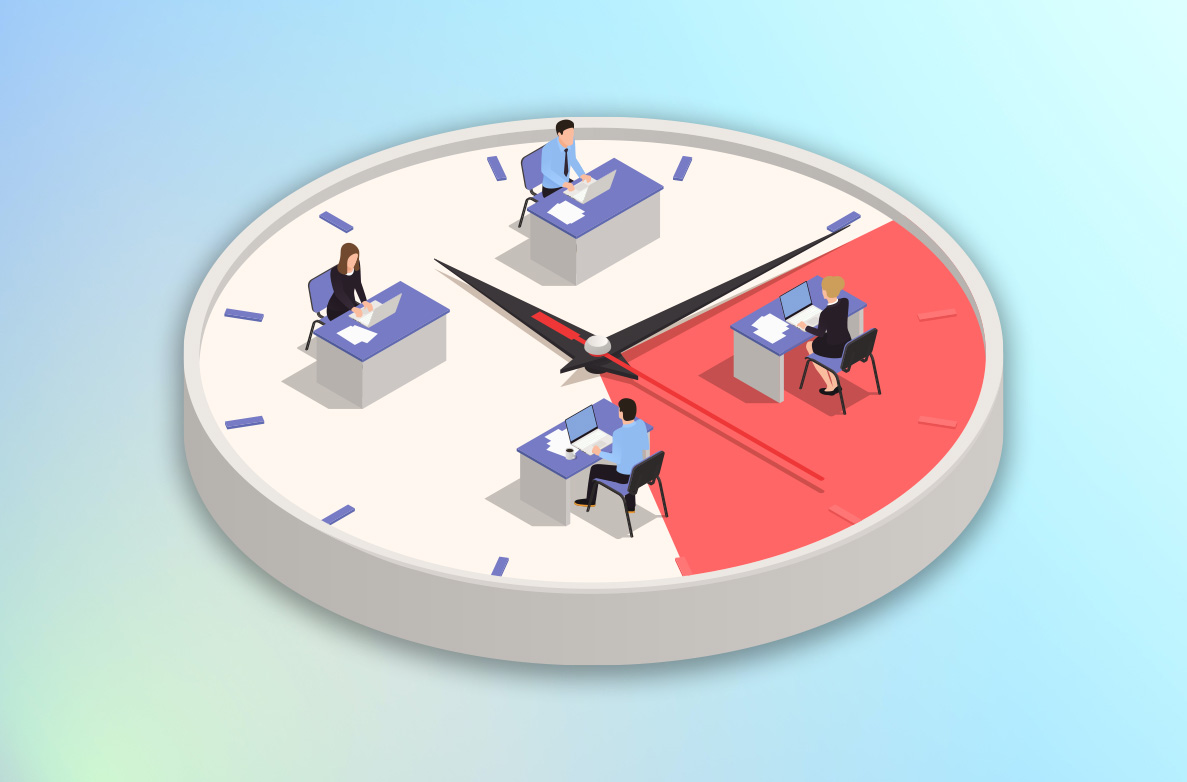Emerging Tech 3 years ago
Research & Training in the Age of Legal Technology
With technology reshaping the way law if practiced, preserved and rendered, aspects that have witnessed dramatic transformations involve research methodologies and training practices

Like all aspects that sustain and enhance lives, the legal and justice systems too have undergone drastic changes in the last few years and most of that is owed to the evolving nature of technology. Technology has left an indelible mark on the legal industry. That is a widely accepted fact. It is not a question and there are no debates around that. What is still up for debate is the new shape and form the industry might take once technology is completely immersed in the daily reality of legal practice.
What will be the continuing effects of all the trends and changes we are going through right now? What role or influence would practitioners and experts have within a technologically enhanced domain? And what would, or rather should, a tech-enabled landscape of the legal industry look like and function as? One does not have to look too far into the future for answers; rather just look at the transformations witnessed in the very primary yet crucial aspects of legal practice. With technology already reshaping the way law is practiced, preserved and rendered, two such aspects have been that of research methodologies and training practices.
Gone are the days when interns and paralegals were required to spend hours in the legal library, pouring over case after case, looking for that one precedent that could make or break a case. Today, thanks to the multitude of research solutions populating the public domain, legal research and analysis can be done in just a few clicks. Technological solutions like optical character recognition, natural language processing, machine learning and Artificially Intelligent (AI) programs can easily sift through case files and produce results that match targeted keywords, phrases, paragraphs or even case structures. What would otherwise take days for a team of interns and paralegals to find, can now be found in a matter of minutes through AI enabled databases. This has not only widened the scope and reach of research methodologies but has also made it so that human effort and time is not wasted on tedious tasks.
A perhaps direct consequence of the changes witnessed in the way research is conducted is reflected on the way legal professionals joining the workforce are trained and mentored. Today, interns, junior associates, and legal assistants are mostly tasked with monitoring and optimising the tech-enabled research. In many ways, this guarantees that the coming crop of legal minds will automatically be considered experts when it comes to using technologies like AI to support legal projects; and be well versed when it comes to analysing results produced through these technologies for the better case results. With advanced solutions completing a bulk of what would traditionally be considered their role, junior associates and paralegals joining the industry can devote their time and effort to developing strategies, using the tech-produced results in more creative and productive fashions and in general honing their skills and bettering themselves.
With these transformations already in effect, it seems like the tech-enabled future of the legal industry resides with legal minds and experts who possess a greater depth of insight and expertise and who know how to use technology creatively and effectively.



